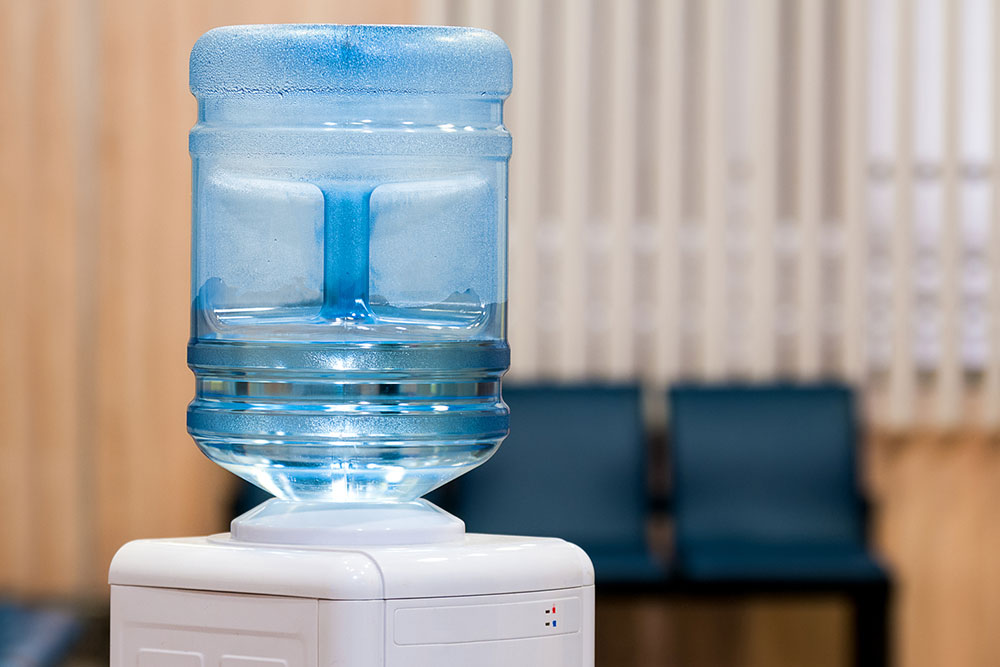Symptoms and management for thyroid eye disease
Thyroid Eye Disease (TED), also known as Graves’ orbitopathy or ophthalmology, is a rare auto-immune disease that causes inflammation in the eye muscles, eyelids, tear glands, and the tissue behind the eye. As a result, the eyes seem to “bulge forward” or appear red and swollen. This disease occurs at a rate of 19 per 100,000 people per year in the country. Read on to learn more about its symptoms and treatments. Symptoms of thyroid eye disease While TED does not cause vision loss, it may lead to symptoms such as: Bags under the eyes Blurred or double vision (diplopia) Changes in the eye’s appearance Difficulty moving the eyes Trouble in closing the eyes completely, which could lead to the development of a sore in the cornea Dry or watery eyes Gritty sensation in the eyes Reduced tolerance to bright lights Pain around the eyes Redness of the lids and eyes Swelling of one or both eyelids One’s symptoms may be progressive for six to twelve months. To diagnose the condition, doctors need to conduct a physical eye exam. This may be followed by a blood test to check thyroid hormone and antibody levels, an ultrasound of the eyes, a computed tomography scan (CT), and magnetic resonance imaging (MRI).
Read More 









